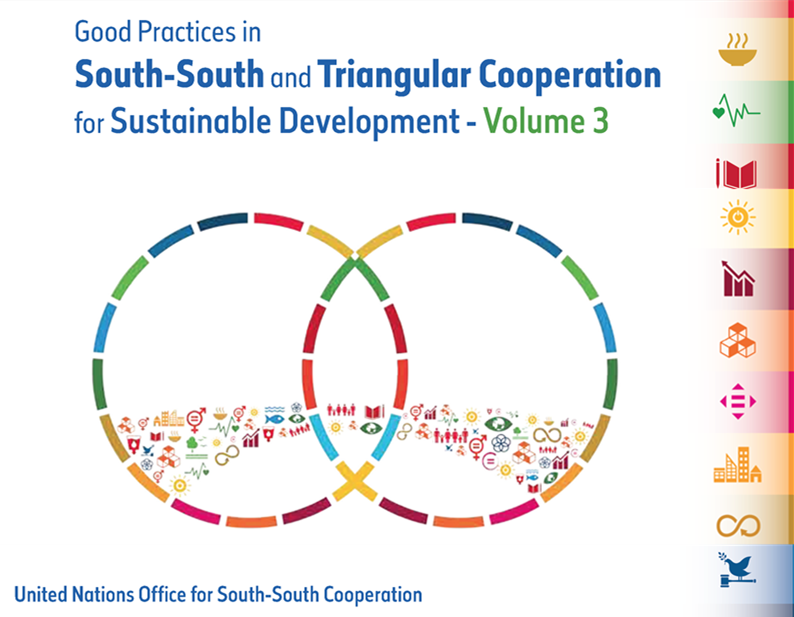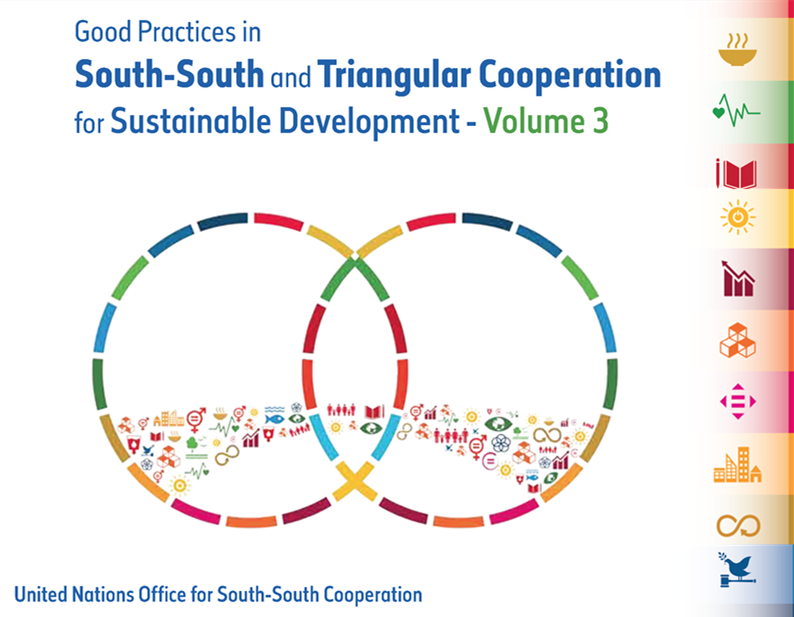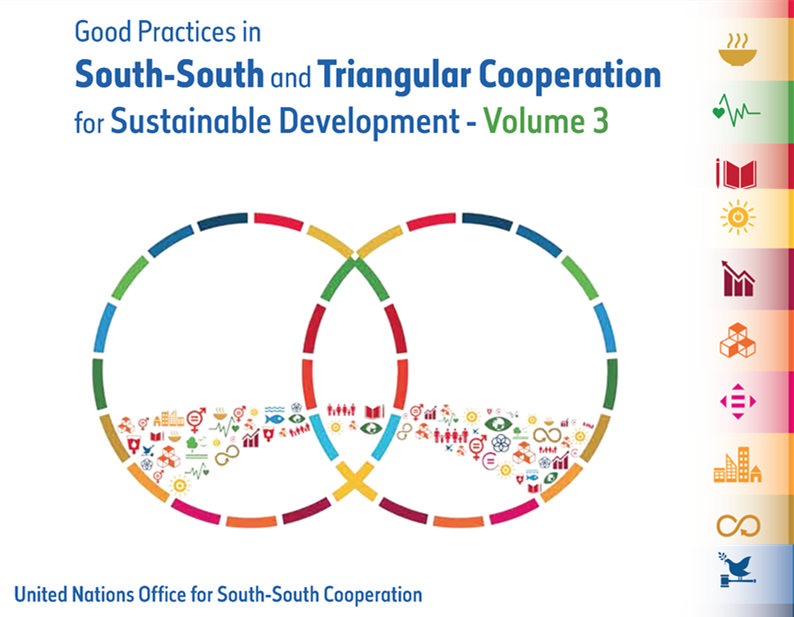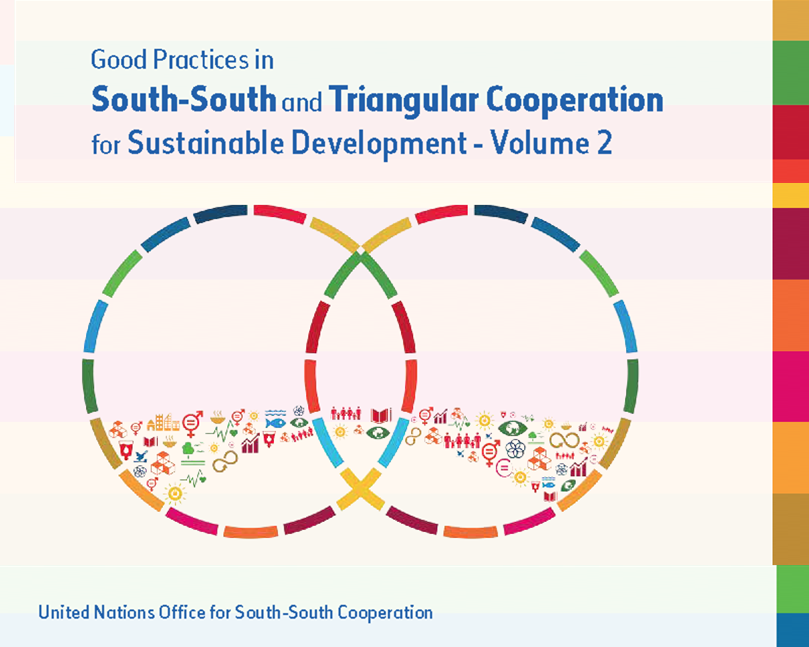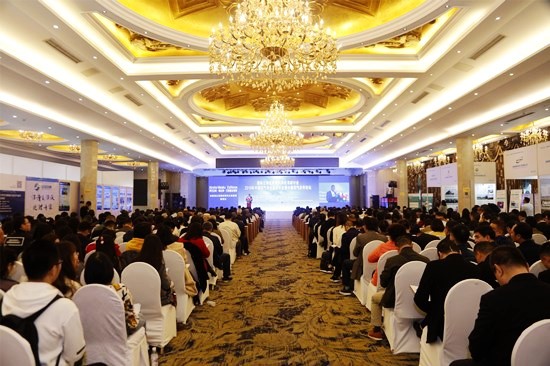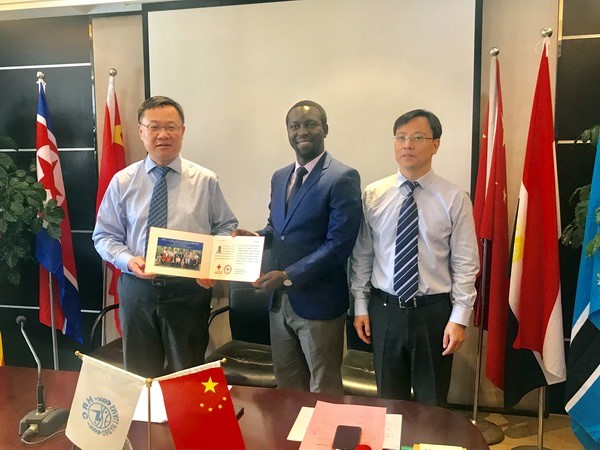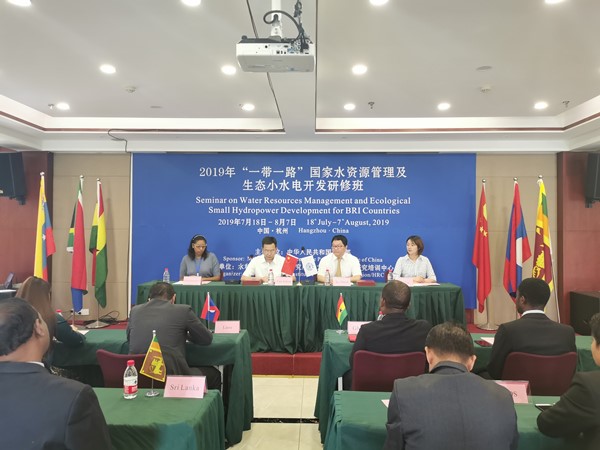2021-09-22 14:04:15 Exellent Case
China was not only a supporter and initiator of South-South cooperation (SSC) in its nascent stage, it is also a major contributor to growth in Southern countries today, playing more of a leading role in SSC than ever before. It firmly safeguards the new globalization model, works to build a community with a shared future for humankind, advocates new development concepts nationwide and advanc�es the 2030 Agenda for Sustainable Development.
Nevertheless, South-South and triangular cooperation still face a number of important challenges at the international level, as well as in China. For example, while globalization has enabled many people to escape poverty, its benefits are not shared equitably and its costs fall disproportionately on the poor and vulnerable. Improved cooperation is therefore needed so that countries may learn from each other, grow more quickly, close income gaps and build inclusive, resilient societies. Greater efforts are needed to leverage partnerships with stakeholders from multilateral agencies, civil society, the private sector and think tanks to increase their engagement in SSC.
